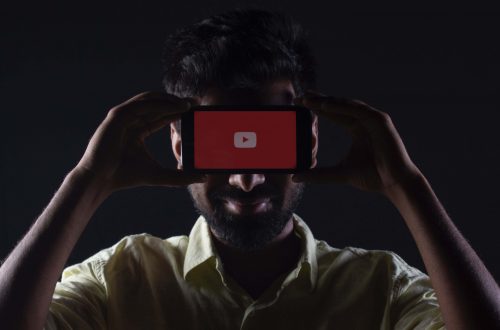You may have heard of Polygon through their website, YouTube channel, or maybe even through some ‘interesting’ tweets. But if you aren’t following what they do, here’s the gist!
Polygon was launched in 2012 as a property of Vox Media, with a whole documentary to document the process. It was a gaming website made for Web 2.0, keeping in mind the history of gaming journalism. And it may be the only gaming news company that I vibe with. For a lot of the ‘traditional gamer demographic‘, I think they catch a bad rep because of their proudly political nature. They’re also not exempt from classic journalism gaffes and have made their fair share of errors in the past. But what do they do right? What makes them so successful?
Polygon produce content on more than just their website. Their YouTube channel is a bricolage of gameplay, journalism, and madness that continue to rack in hundreds of thousands of viewers on each video. We went over the Garratt quote last week, showing that the key to success is multimedia operation. All of their platforms are successful and popular, whether it be their website or social media. By extension, a lot of the big names from Polygon are equally as successful on their own social media. Fans love not only their content but those producing it as well. The McElroys and ‘BDG’ (Brian David Gilbert) are among the few that have reached social media cult status. And you know, how could they not with content like this:
I know ‘safe space’ is an oft-debated term, but Polygon really does set itself apart from other gaming news companies by working to provide a progressive and political approach to their articles. Yes, they’ve gained a huge cult following on Twitter and Tumblr because of their personalities, but also because these audiences fit their progressive nature exactly. It helps that they’re relatable, too. I hate using that word – I’ve always been told by teachers that it’s a ‘cop-out’ word. Yes, everything’s relatable in a sense, but it’s my blog and I get to choose the vocabulary. They’re all diverse and manage to represent the demographic they aim to please, which can be difficult when that demographic is stereotypically very picky.
In the words of founding Polygon member and 30 under 30 media luminary Griffin McElroy, their key to success was ‘just to do goofs ya’ll‘. Whilst in their Press Reset documentary, they focused on grabbing a more mature audience, there was a turning point where they hightailed it in the other direction and it’s done them pretty well. But they still capitalise on the edutainment trend – everything they do is both educational and absolutely riveting to watch. Polygon have mastered the innovation of the Let’s Play, as we discussed previously, as well as mastering the way of the influencer.
Maybe you’re confused, scared, overwhelmed and just need to know why these factors make good journalism. In which case, I must refer you to my other posts that conveniently cover these things exactly! It’s almost like I planned this entire thing, huh?






